Affiliate links on Android Authority may earn us a commission. Learn more.
5 things we want to see from Xiaomi in 2022
Published onJanuary 2, 2022
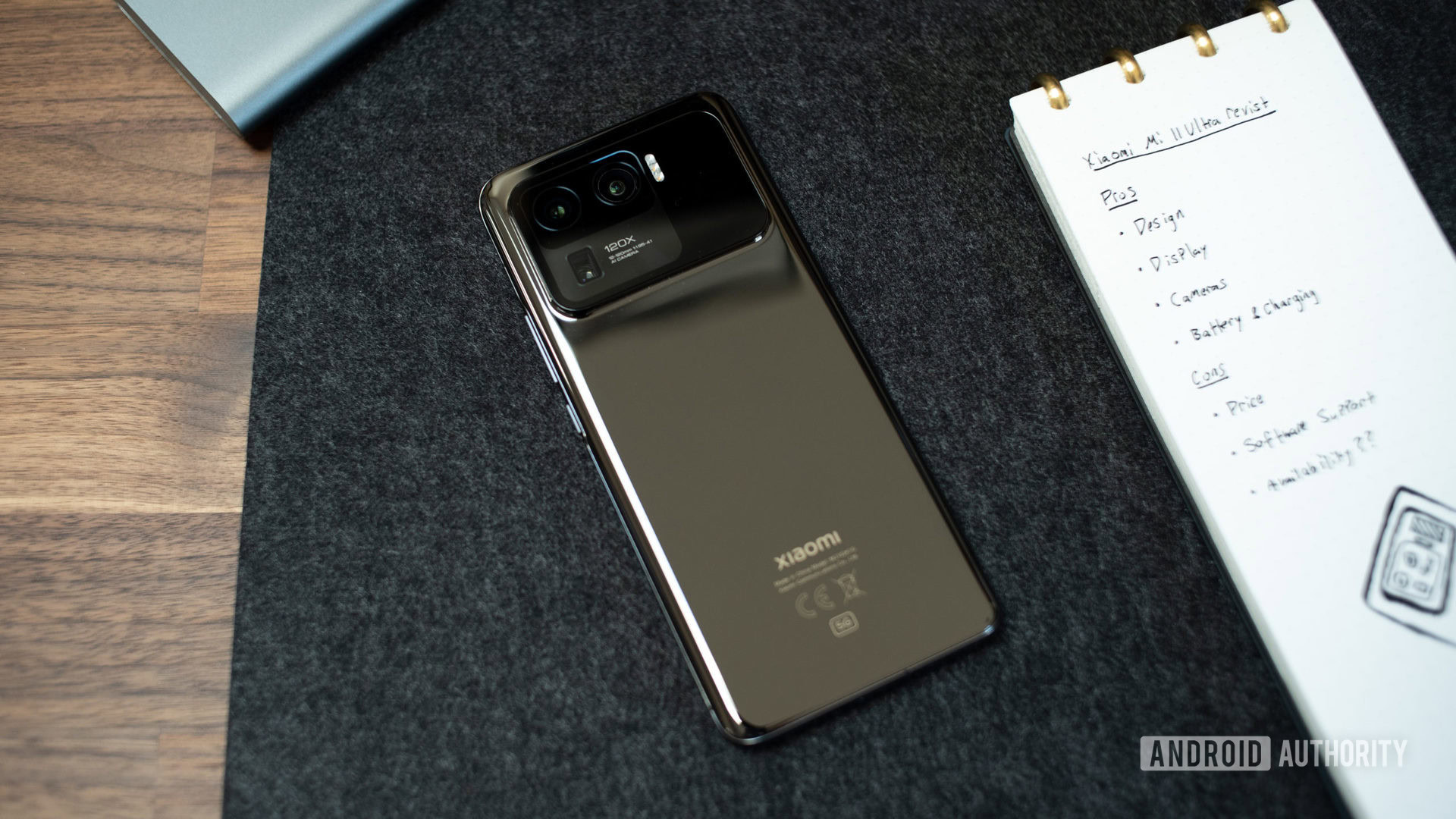
Xiaomi enjoyed a pretty good year in 2021, releasing its first non-China-exclusive premium flagship, offering some stellar budget phones in the Redmi Note 10 series, and launching its first foldable phone. It all came together to give the company a wave of momentum that it almost certainly hadn’t seen before.
Xiaomi was even duking it out with the likes of Apple and Samsung in the first half of the year, briefly sitting atop the throne, according to several tracking firms. That is, until the chip shortage affected production in the second half.
Even without the setback brought on by a chip shortage, there’s still room for improvement. Here’s what we want to see from Xiaomi in 2022.
Read our other 2022 wishlists:
- 5 things we want to see from smartphones in 2022
- 5 things we want to see from wearables in 2022
- 5 things we want to see from OnePlus in 2022
1. A broader update commitment
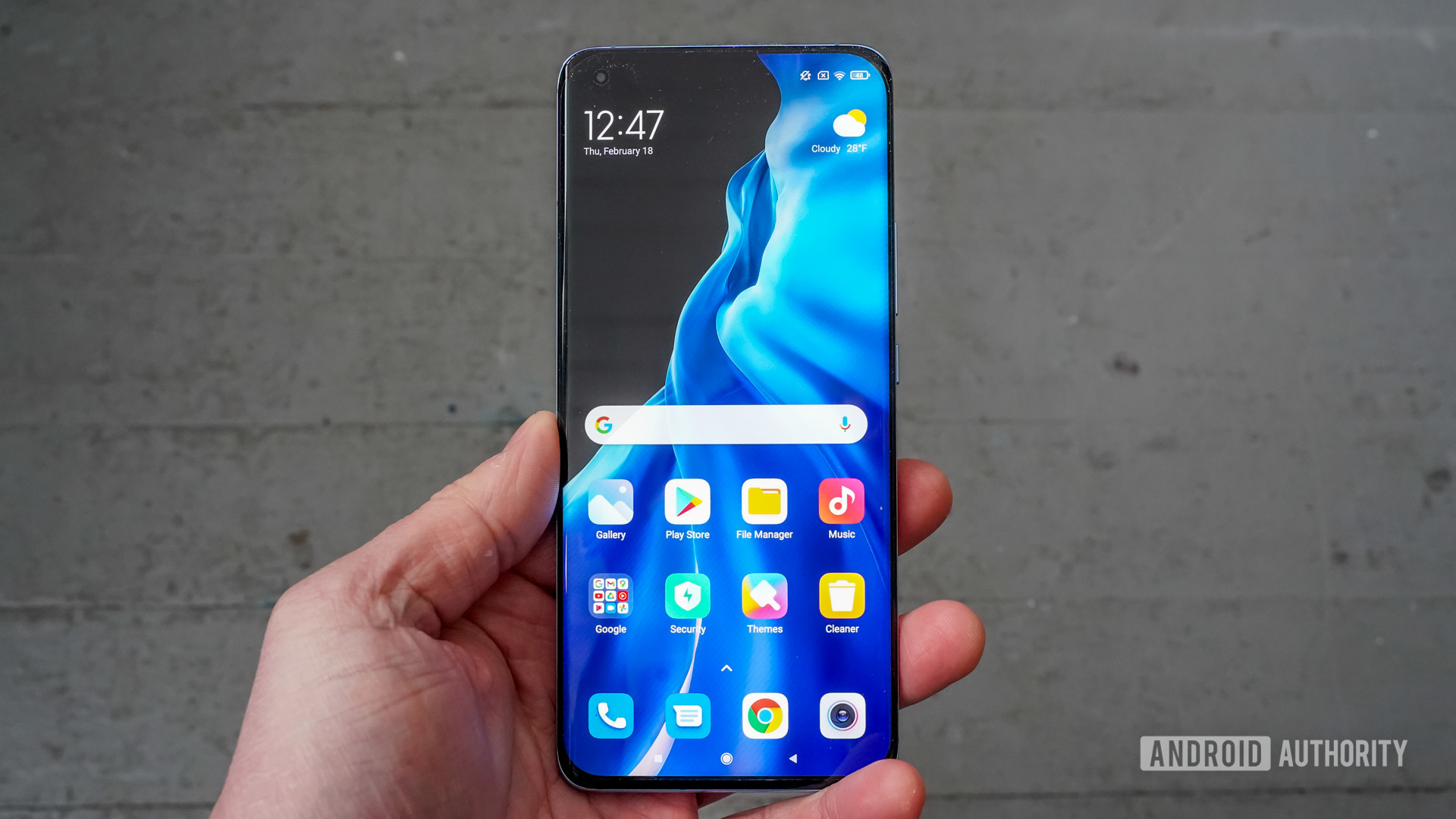
One of the first things we really want to see from Xiaomi in 2022 concerns updates. More specifically, the company announced that it will offer three years of OS updates and four years of security patches — but only for the Xiaomi 11T series.
More on updates: Dear OEMs — Your Android update policy should have nothing to do with PR
So we want Xiaomi to aggressively expand this initiative to more devices next year, including the Xiaomi 12 series, the Redmi Note line, and beyond. After all, if Samsung can do it, then so can Xiaomi.
2. Foldables in global markets
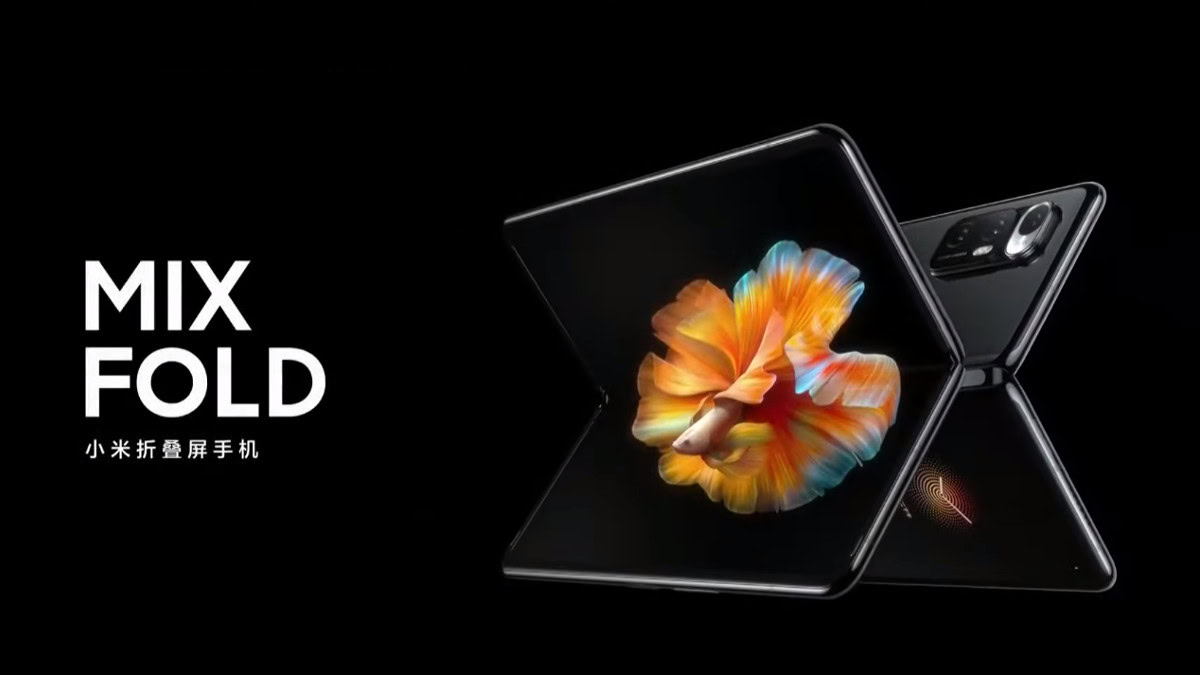
Speaking of Samsung, it’s one of the few companies offering foldable phones around the world right now. That’s not to say that we haven’t seen foldables from other brands in 2021 like HUAWEI and OPPO, but these have generally been restricted to China.
Related: The best foldable phones you should consider right now
Xiaomi is one of these culprits, as the Mi Mix Fold launched in its home market back in March but was never available elsewhere. We’re guessing that the company has another foldable up its sleeve next year, but it needs to bring this device to global users if it has any hope of challenging Samsung in this space.
3. Consistent, bug-free MIUI
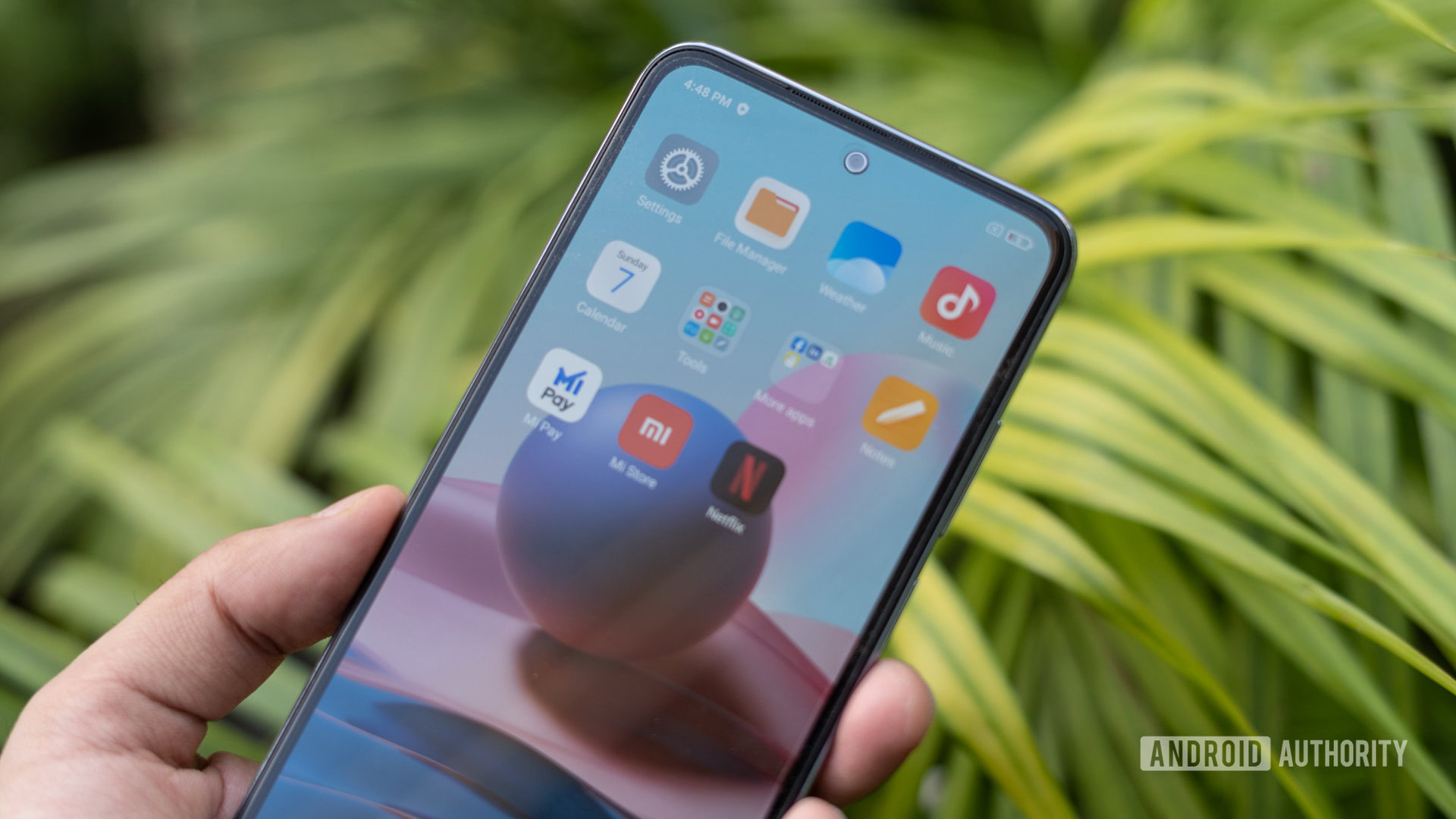
Xiaomi’s MIUI skin is still a somewhat polarizing affair in terms of aesthetics, but one thing we increasingly discovered in 2021 was that the experience could vary wildly by phone. The company even went so far as to release the MIUI 12.5 Enhanced Edition update which promised to fix over 200 system app issues and 160 system issues.
More reading: Xiaomi is on a roll, but it needs to fix its software inconsistency
It’s clear that Xiaomi needs to bring more polish and quality assurance to its software in 2022. It seems like the company knows this too, as in mid-2021 it formed a working group devoted to gathering feedback on MIUI issues and fixing them.
4. Enter the US market

Xiaomi has long had intentions of bringing its phones to the US, with the firm eyeing an entry back in 2018 and as recently as last year. This clearly hasn’t happened, even though its TV boxes and a handful of smart home products have delivered some measure of success in the market.
Check out: These are the best Xiaomi phones you can buy
There are two big hurdles for Xiaomi, namely gaining the support of carriers and navigating the security/geopolitical issues that destroyed HUAWEI’s global phone business. Xiaomi has already fought off one US government action earlier this year, but a US entry would likely draw renewed scrutiny from government officials.
Nevertheless, OnePlus and TCL have shown that Chinese phone brands can gain some level of popularity and acceptance in the market. And LG’s exit from the smartphone industry means there might still be an opportunity to carve out a slice of the pie.
5. Better availability
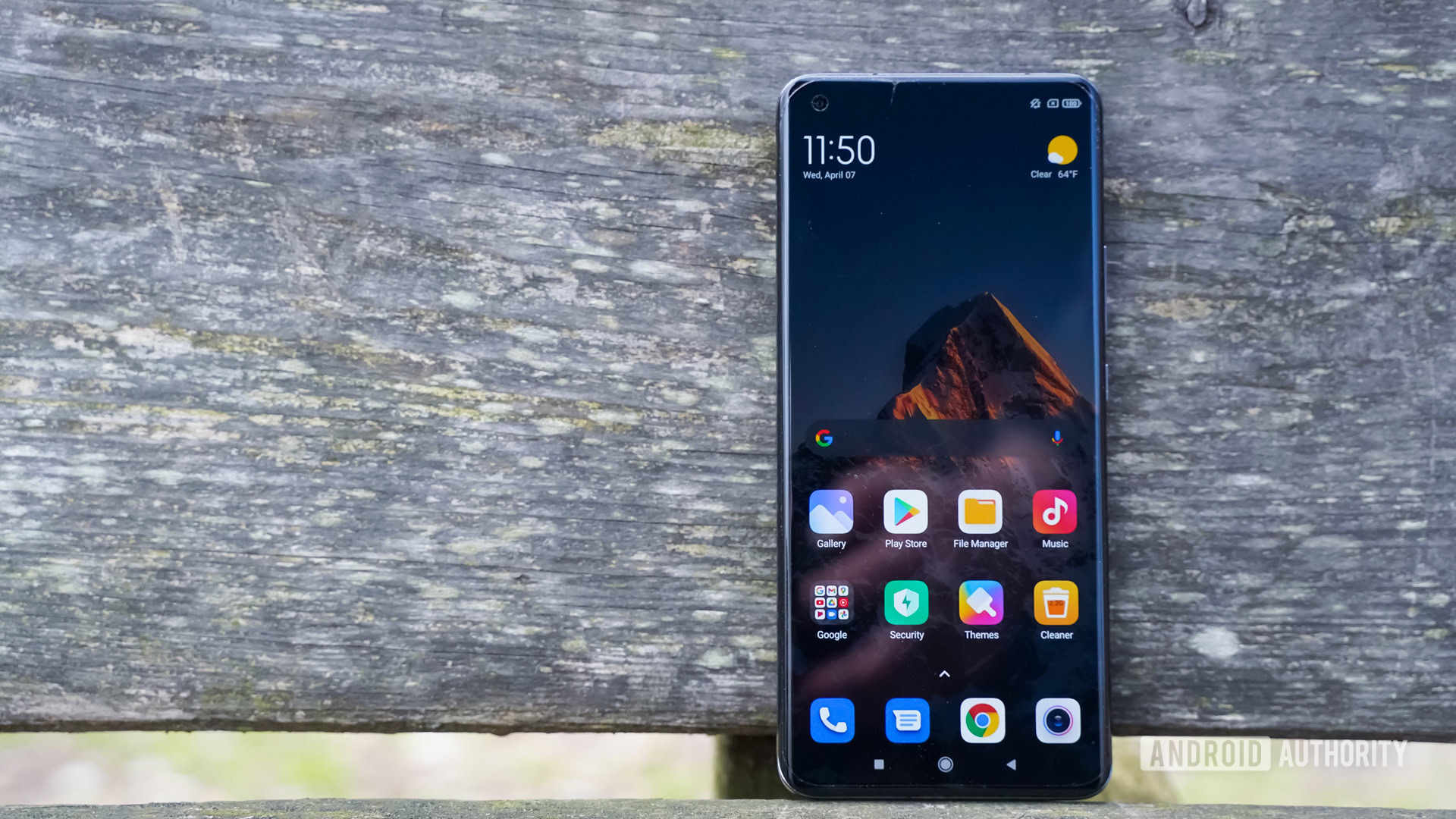
The global chip shortage affected everyone in 2021, and Xiaomi was certainly no different. We’re not sure if the Mi 11 Ultra was a victim of the shortage or if Xiaomi simply underestimated demand, but it seemed incredibly tough to find in the likes of India and Europe.
The company even halted production of the Redmi Note 10 in Indonesia, presumably due to the shortage. That’s a pretty bleak move when the Redmi Note series is Xiaomi’s bread and butter in terms of volume (even though it had the Redmi Note 10S on-hand still). So we definitely want to see the company get a better handle on meeting demand next year, as it must be frustrating for consumers who are specifically looking to buy these phones.
What do you want to see from Xiaomi in 2022 though? Let us know via the poll below or tell us in the comments.